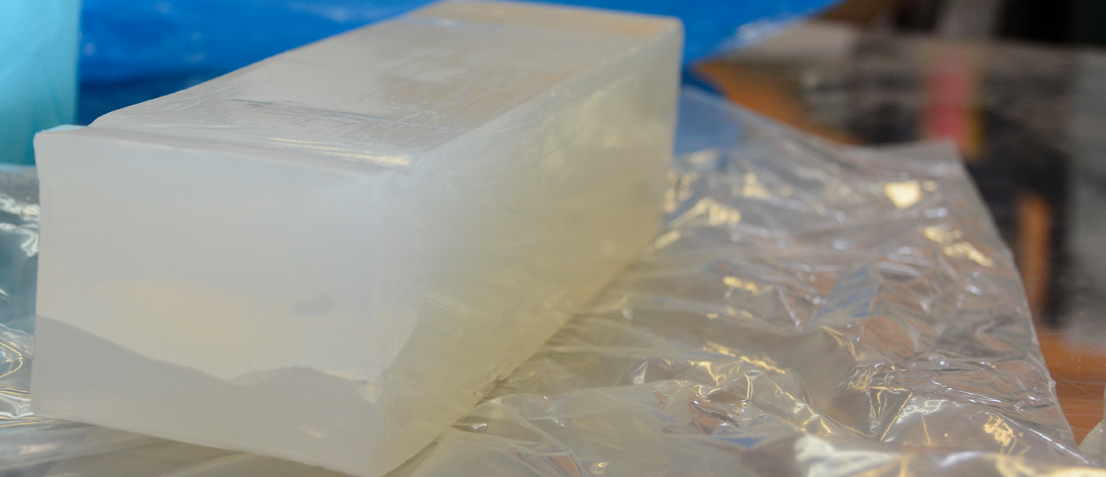To understand the dozens of ways in which silicone rubber can be used, it is important to know where it comes from. In this article, we will talk about its origin for a better understanding of its features.
![]()
What is Silicone made of?
Silicone is identified as a synthetic elastomer, as it is a polymer which shows viscoelasticity– i.e., viscosity and elasticity. Silicone itself is made of carbon, hydrogen, oxygen and silicon. The process of making silicon is complex and involves many stages. This tough process contributes to the higher price of silicone rubber compared to natural rubber.
How is Silicone Rubber produced?
Silicone rubber is a combination of an inorganic skeleton of Si-O, with functional organic groups attached. The bond between silicon and oxygen gives silicone resistance to high temperatures and flexibility in a wide work range.
Silicone polymer can also be mixed with processing aids to form rigid rubber, which can then be reticulated at a high temperature using peroxides or cured by polyaddition. Once reticulated, silicone becomes a solid, elastomeric material.
What are the Benefits of Using Silicone Rubber?
The process of production and the composition of silicone rubber material provide it with great flexibility, which makes it very popular for many uses. It can stand extreme temperature fluctuations from -60°C to 300°C.
It also has excellent resistance to environmental factors (ozone, UV rays and atmospheric tensions in general), which makes it ideal for outdoor sealing and to protect electrical components such as lamps and enclosures.
![]()
Spongy silicone is a light and versatile material ideal to reduce vibration, stabilise joints and reduce noise in applications on busy traffic. Because of these features, it is highly required to apply in trains and other vehicles, in which silicone rubber contributes to the passenger’s comfort.






Divina explicacion super clara!! me encanto aprendi muchisimo. Me apasionan estos temas. Saludos
Quisiera saber si en el proceso de production del mismo utilizan elementos de origen animal porfavor, gracias
Hola Marlene, no tiene origen animal. La silicona en sí misma está compuesta de carbono, hidrógeno, oxígeno y silicio.
Gracias por escribirnos!
En México donde se adquiere?
Hola Victor, no sabríamos decirte. Nosotros abastecemos al mercado de Argentina y Mercosur por el momento.
Gracias por visitarnos igualmente!
Hola. Quería saber si venden silicone rubber, y de ser así, su costo y presentacion. Gracias
Hola Lucas, gracias por escribirnos, ya derivamos tu consulta para que un asesor técnico se comunique con vos vía email.
Regards!
Hola, me gustaría saber si hay alguna sustancia común que pueda hacer de catalizador del vulcanizado de la silicona.
Muchas gracias
Hola Sergio, ya derivamos tu consulta al área técnica.
Regards!